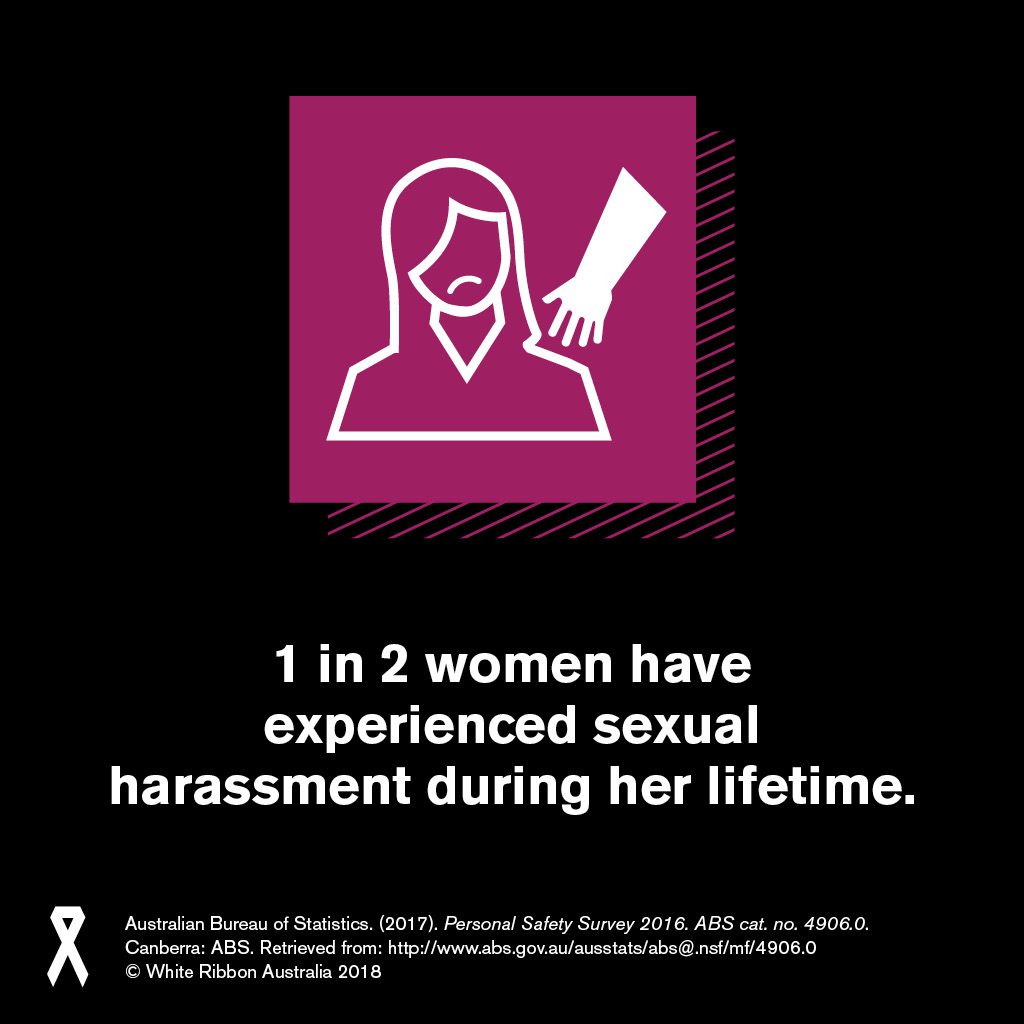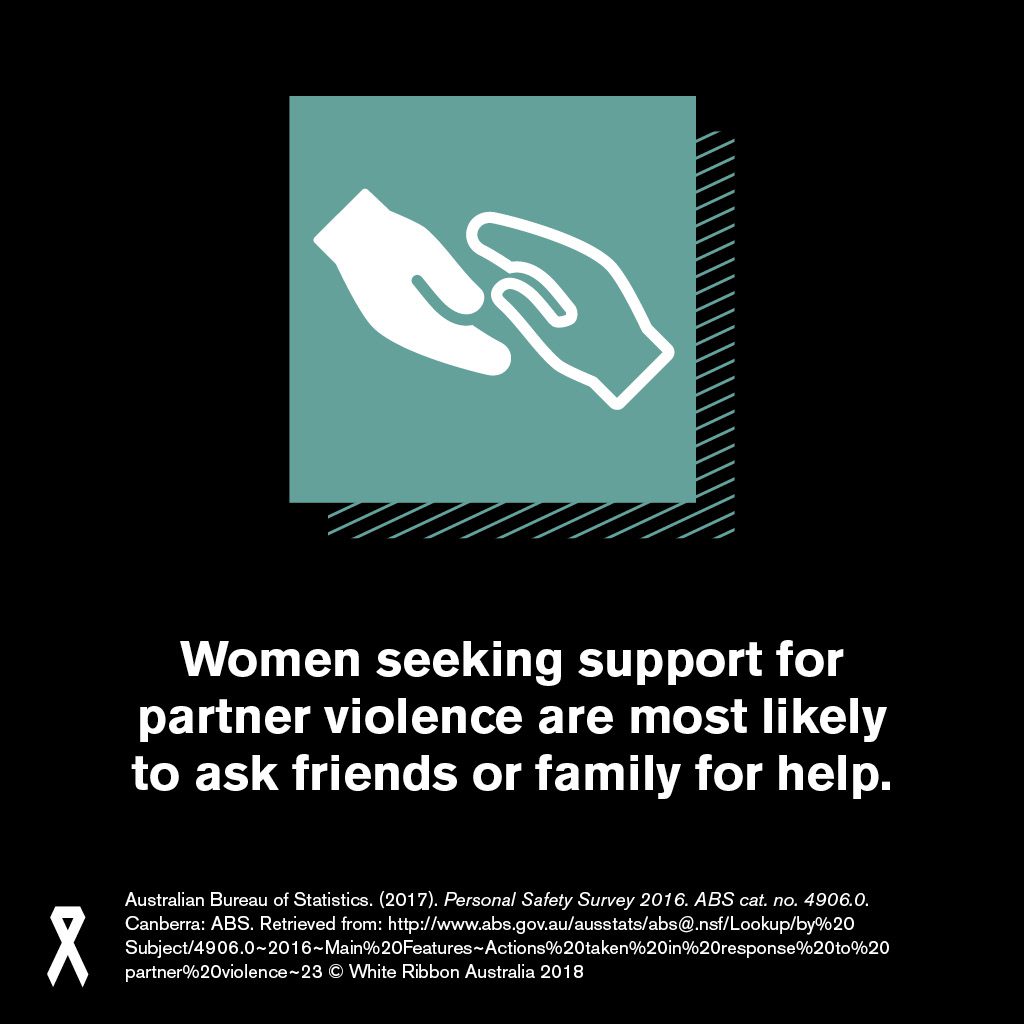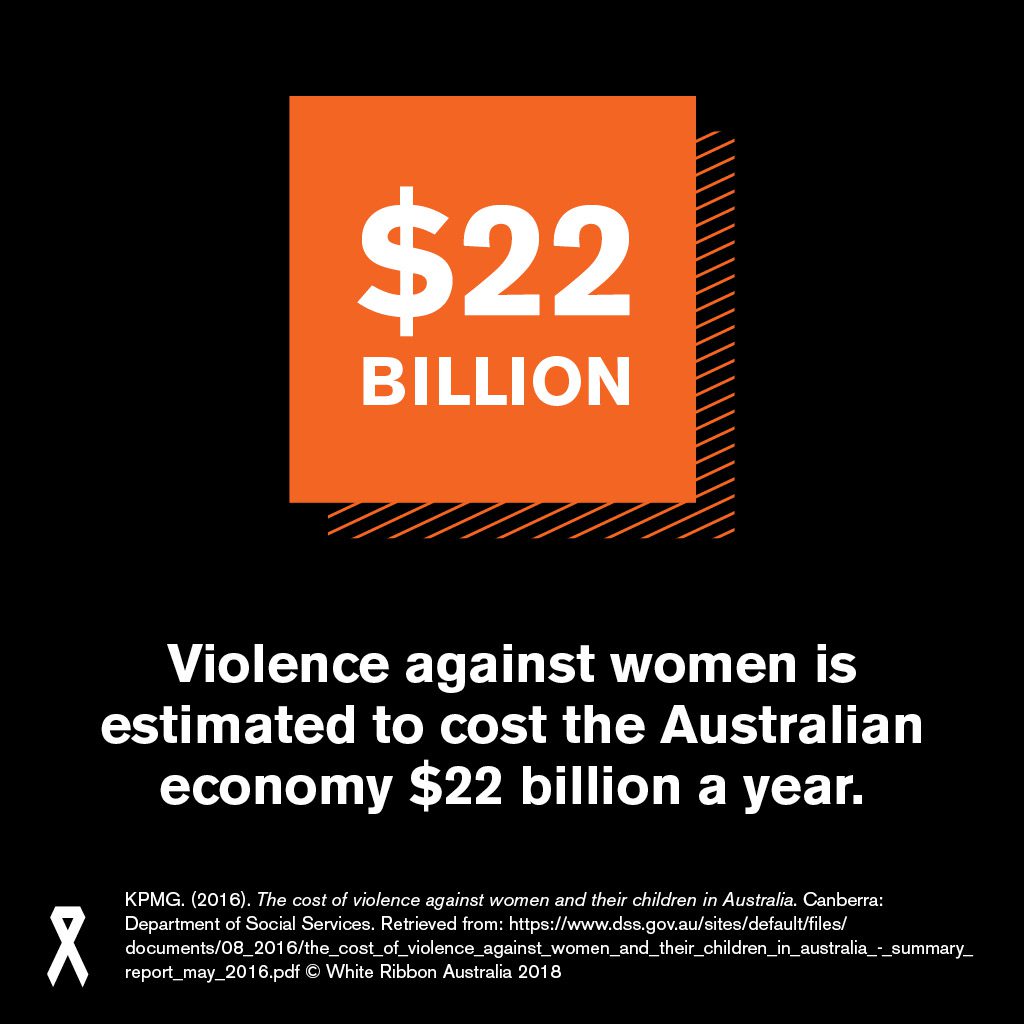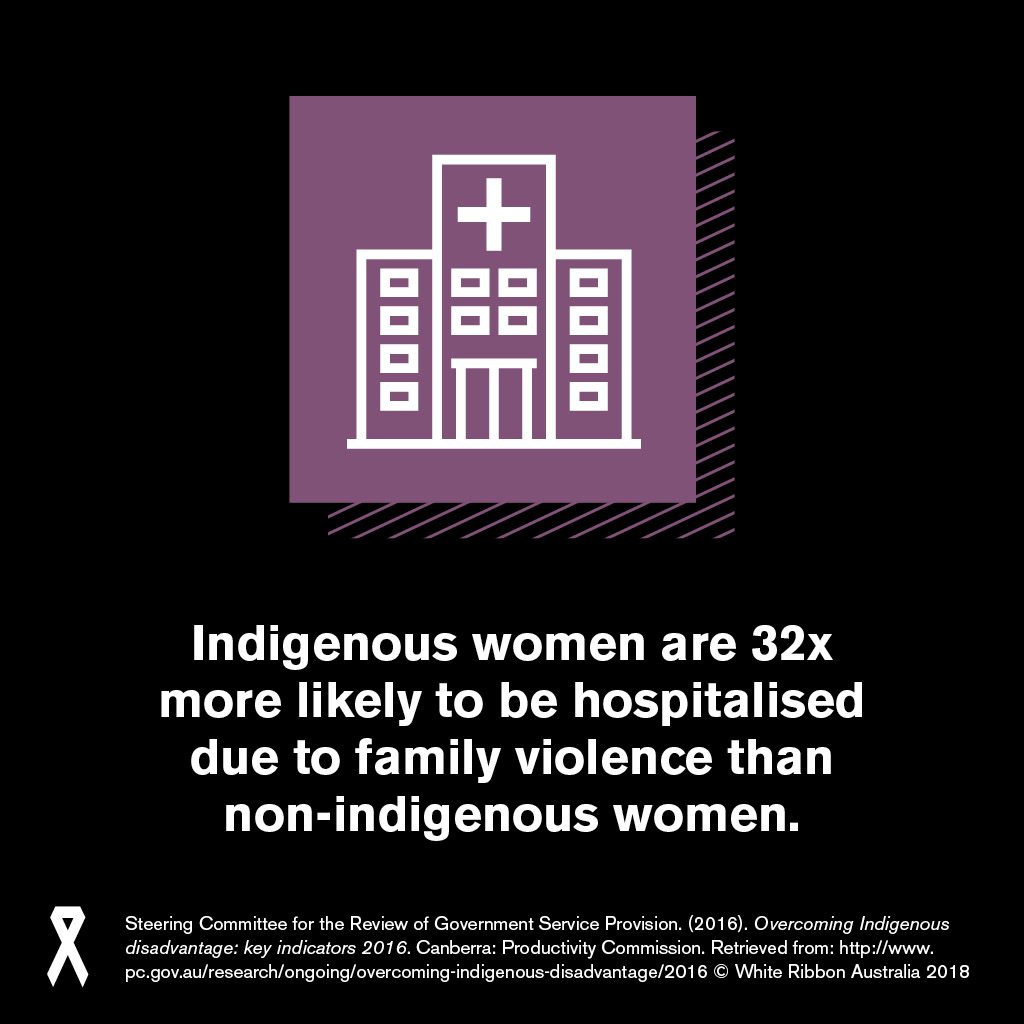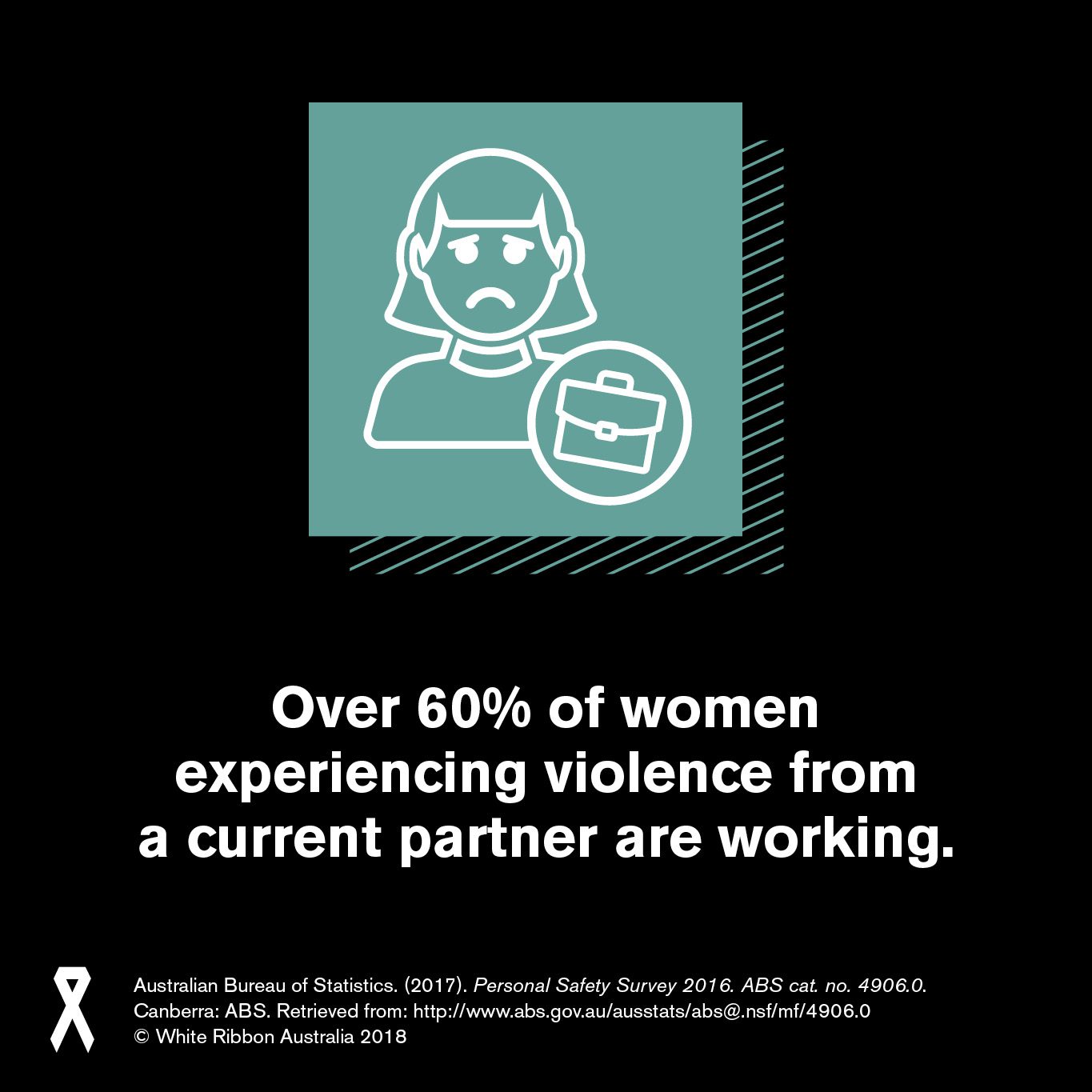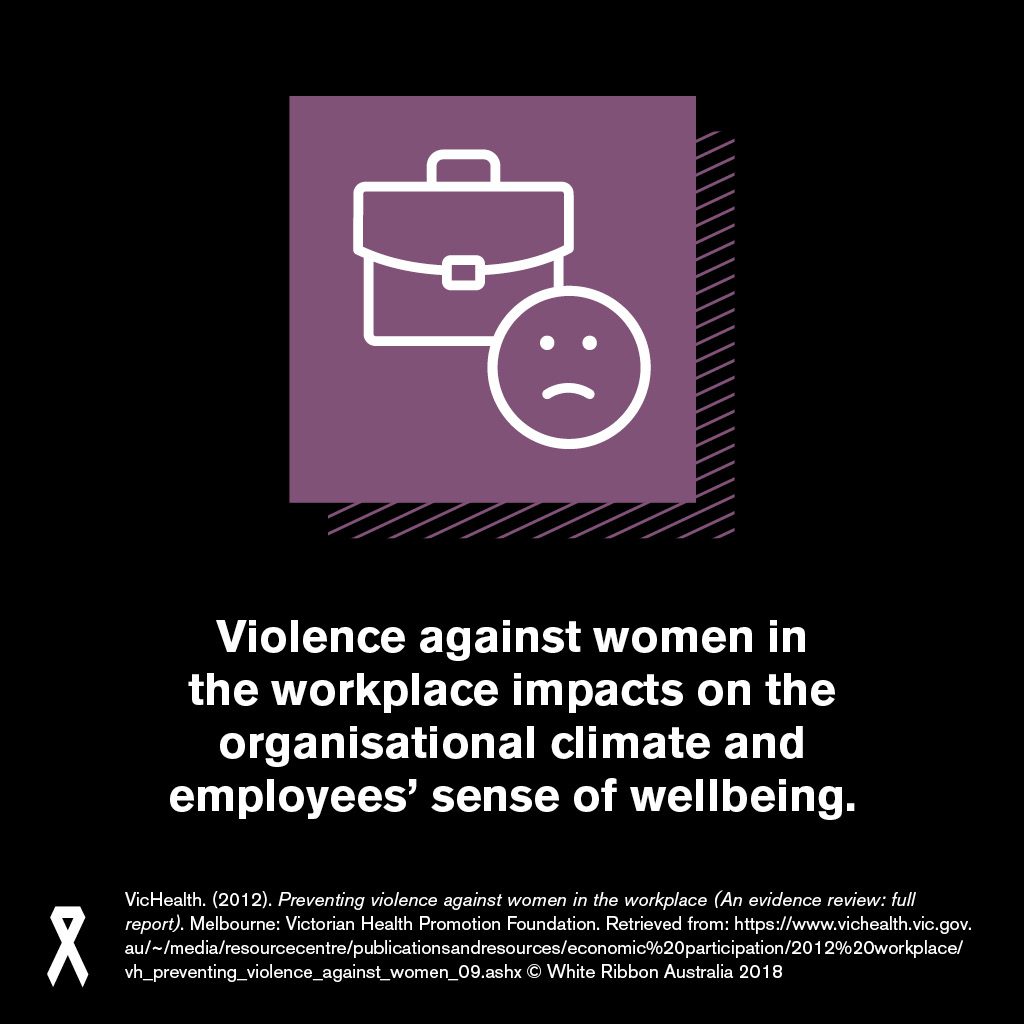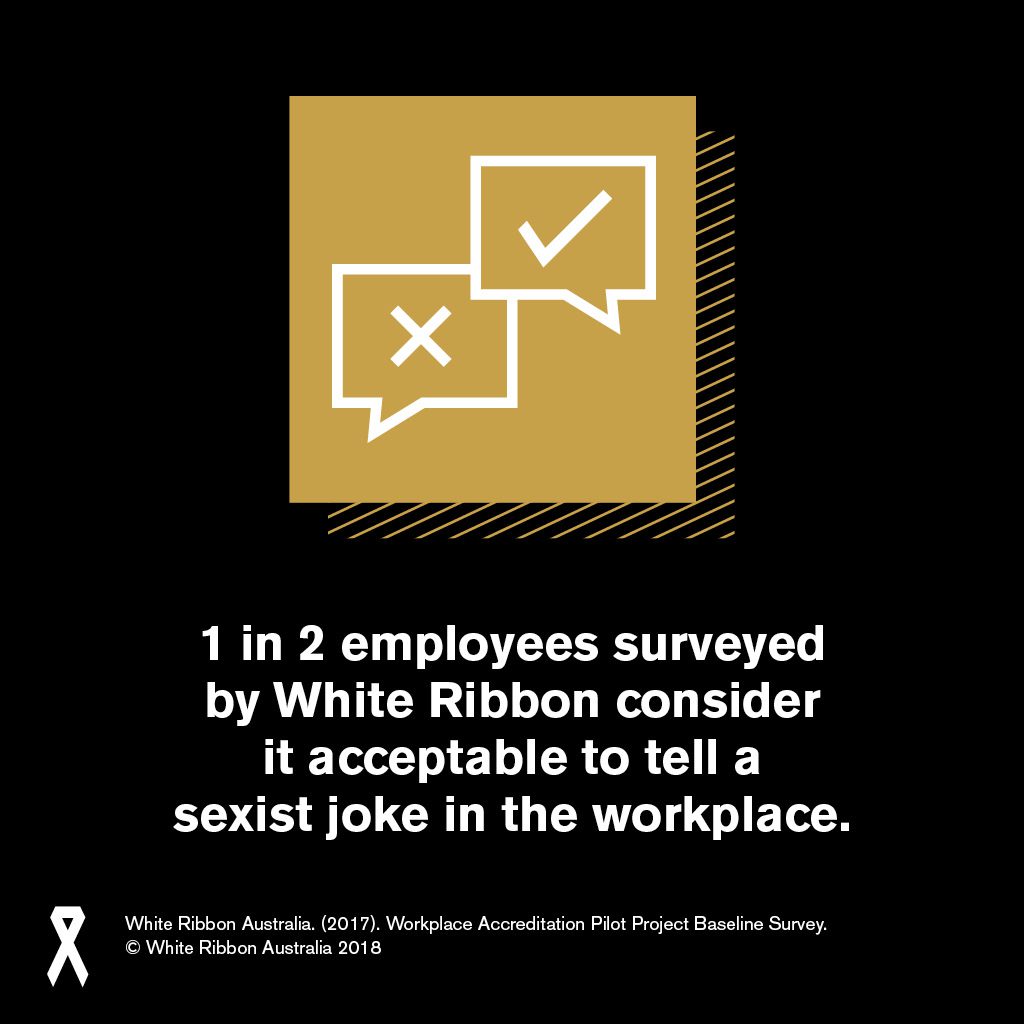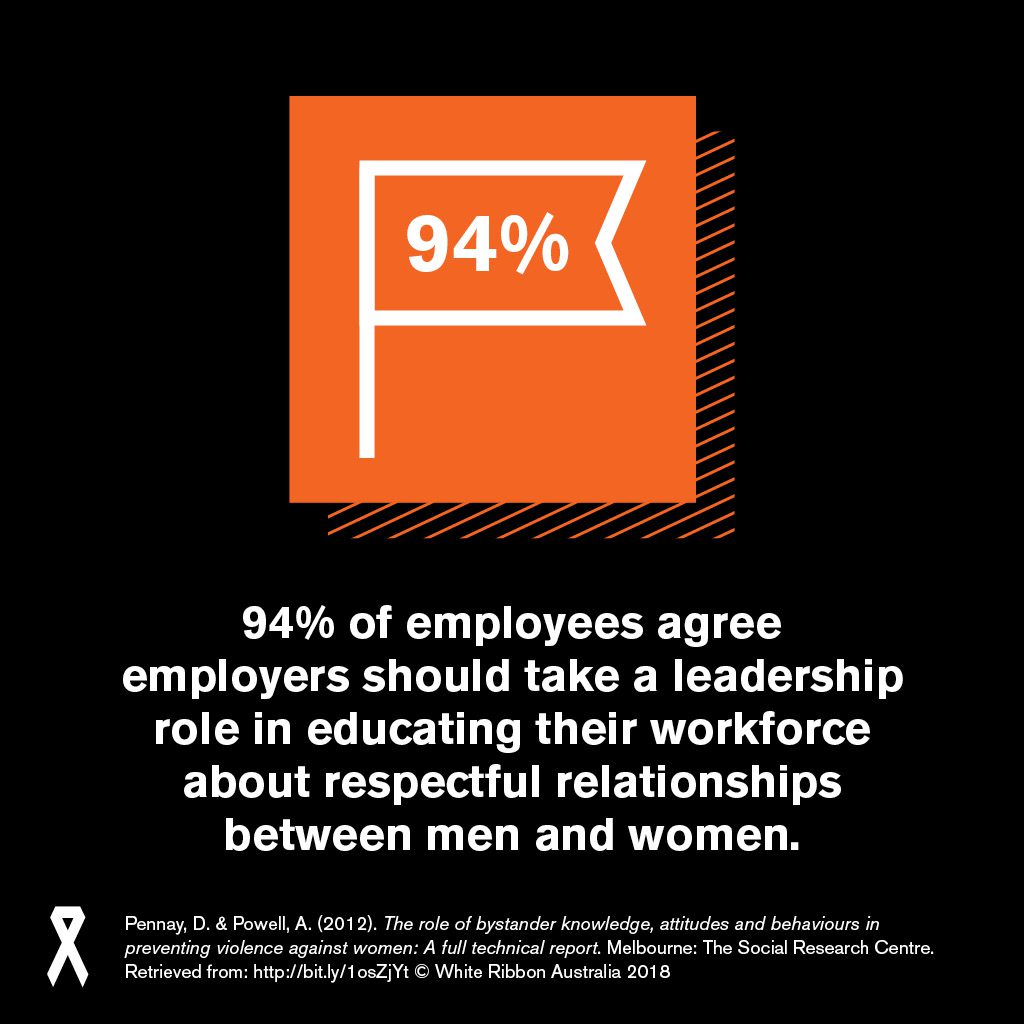
Domestic and Family Violence
Emergency contacts
TELUS Health (formerly Benestar) DFV line
Ph:1300 574 516
DV Connect – 24hr availability
1800 811 811
Domestic and family violence is a workplace issue
Metro North Hospital and Health Service is committed to building a safe workplace that promotes respectful relationships and gender equality and demonstrates a culture of zero tolerance of violence against women, with a workforce that better recognises and responds to violence against women and family violence.
Violence against women is a serious, prevalent and preventable issue in Australia. Violence against women – whether it occurs in or beyond the workplace – impacts on the health and safety of employees, their wellbeing and their productivity. It impacts negatively on workplace culture, organisational reputation and bottom-line profit and loss.
We will encourage and educate our staff so that we can drive social and cultural change to stop violence before it starts – stop it at the start. We recognise that everyone has a role to play in challenging the drivers of violence where they live, work, learn and play.
Domestic and Family Violence Prevention Month | May 2025
Take positive action today to build a safer Queensland.
Domestic and Family Violence (DFV) Prevention Month Each May, Queensland marks Domestic and Family Violence (DFV) Prevention Month. This annual initiative aims to raise awareness of domestic and family violence and coercive control, highlight the support services available, and send a clear message that violence in our communities will not be tolerated.
The theme for 2025 is: Take positive action today to build a safer Queensland.
Key messages
- Key message #1 – What is domestic and family violence?
- Key message #2 – Domestic and family violence is a workplace issue
- Key message #3 – MNHHS Guideline – Support for employees affected by domestic and family violence
- Key message #4 – Training – Line manager (mandatory) and all staff (recommended)
- Key message #5 – Domestic and family violence can affect everyone
- Key message #6 – What contributes to domestic and family violence?
- Key message #7 – Supporting staff: where can they get help?
- Key message #8 – What can we all do to prevent domestic and family violence?
- Key message #9 – Respect
Violence against women What are the statistics?
FAQs
There is a lot of information available on both the Department of Health and MNHHS QHEPS sites. Sometimes, a lot of information can become confusing. To assist in understanding some common questions relevant to supporting staff experiencing domestic and family violence, please read the Frequently Asked Questions.
